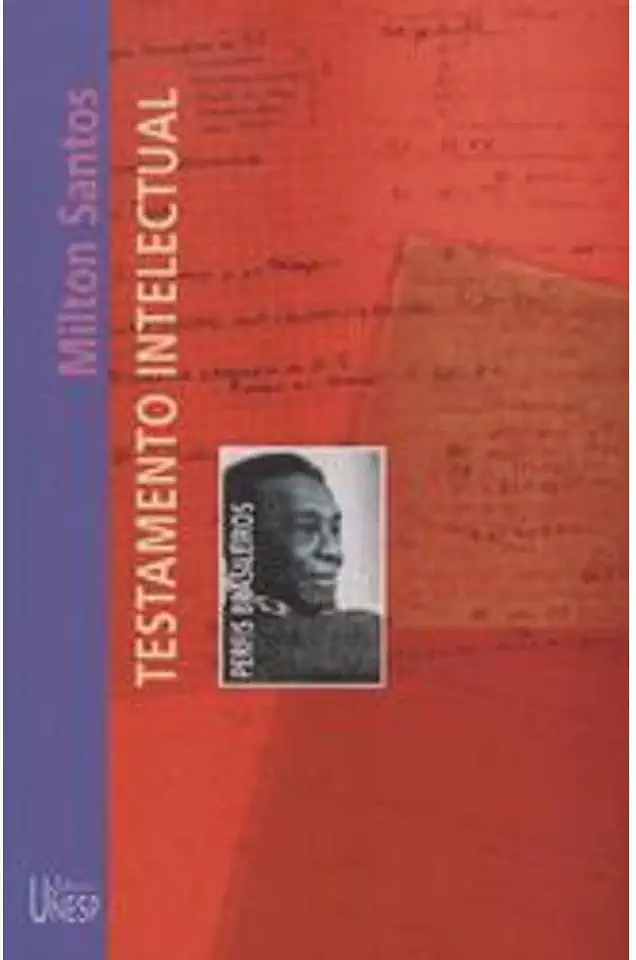
Intellectual Testament - Milton Santos
Intellectual Testament: Milton Santos
A Visionary Geographer's Manifesto
In his seminal work, "Intellectual Testament," Milton Santos, one of the most influential geographers of the 20th century, presents a powerful and provocative critique of the dominant paradigms in geography and social sciences. Santos argues that the traditional focus on objective, scientific knowledge has led to a narrow and incomplete understanding of the world, and that a more holistic and humanistic approach is needed to truly understand the complex interactions between humans and their environment.
Key Themes
1. The Critique of Positivism
Santos begins by critiquing the positivist tradition in geography, which he argues has led to a sterile and reductionist approach to the study of human-environment interactions. He argues that the emphasis on objectivity and quantification has obscured the importance of subjective experience and local knowledge, and that this has resulted in a distorted understanding of the world.
2. The Importance of Place
Santos argues that place is a central concept in understanding human-environment interactions. He defines place as a unique and dynamic space that is shaped by both physical and social factors. He argues that place is not simply a backdrop for human activity, but rather an active force that shapes our experiences and identities.
3. The Dialectic of Nature and Society
Santos argues that nature and society are not separate entities, but rather are in a constant state of interaction and transformation. He rejects the idea of a pristine nature that exists independently of human activity, and instead argues that nature is always shaped by human actions and vice versa.
4. The Importance of Social Justice
Santos argues that geography must be a critical and engaged discipline that is committed to social justice. He argues that geographers have a responsibility to use their knowledge to challenge inequality and oppression, and to promote a more just and sustainable world.
Why You Should Read This Book
"Intellectual Testament" is a must-read for anyone interested in geography, social sciences, or the environment. Santos's critique of positivism and his emphasis on place, nature-society interactions, and social justice offer a fresh and innovative perspective on the world. This book is a powerful reminder that geography is not just about maps and data, but about understanding the complex relationships between humans and their environment.
Conclusion
"Intellectual Testament" is a challenging and provocative book that will change the way you think about geography and the world. Santos's insights are essential for understanding the complex challenges facing our planet today, and his call for a more just and sustainable world is more relevant than ever.
Enjoyed the summary? Discover all the details and take your reading to the next level — [click here to view the book on Amazon!]